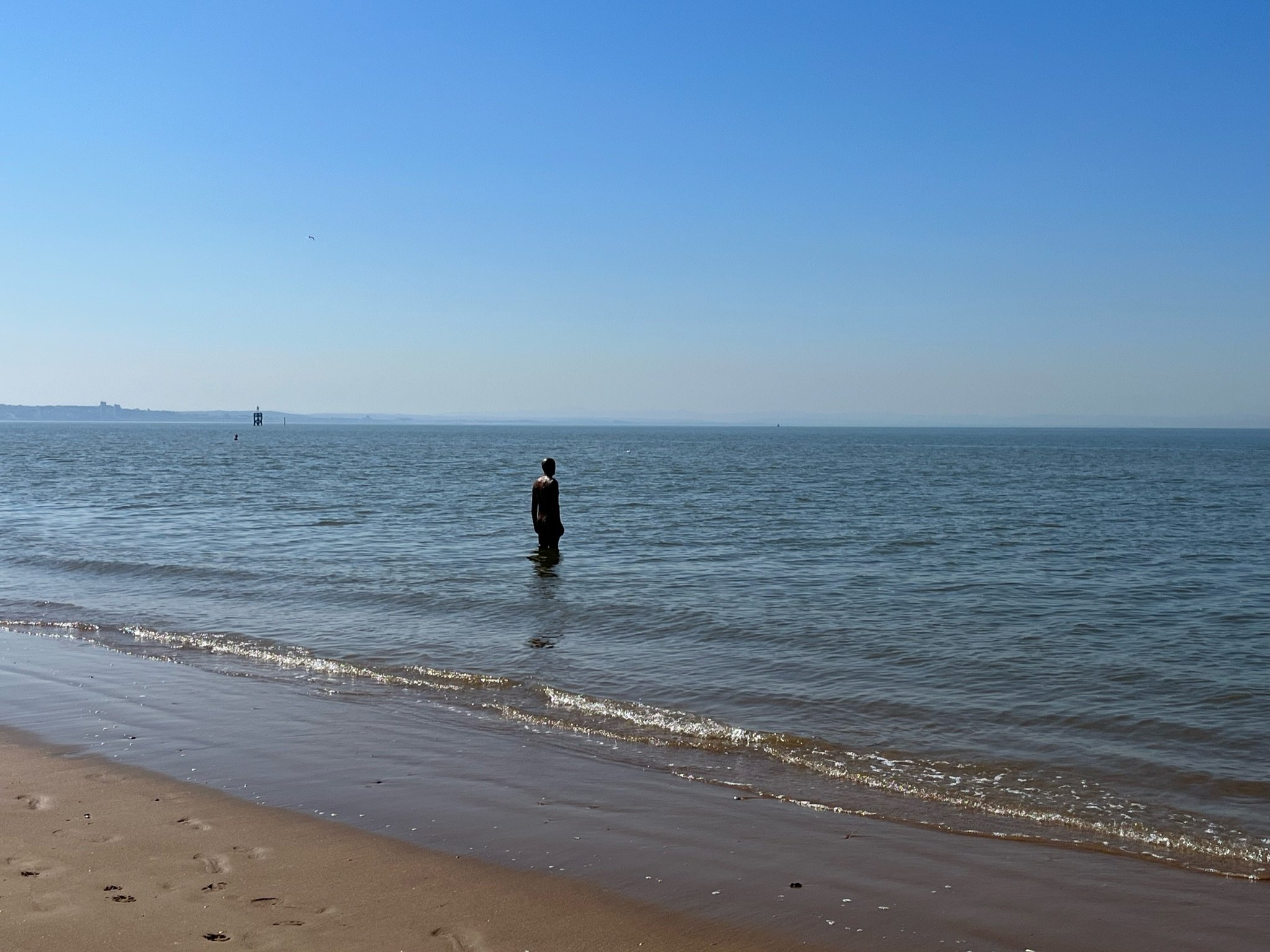My need for reassurance goes right back to when I didn’t have it
I am 44 and yet every day there are moments when I still feel like a child. There is something I have been doing since childhood that has continued to this day. It started with my dear mum and is now something I do with my darling daughter and wonderful wife. I do it every day; sometimes, many, many times a day.
Since it was pointed out to me - and since I discussed it in depth with my therapist - I now notice it. I experience it. I don’t fight it. I don’t criticise myself for it. I accept it.
I look to them and like the involuntary movement of a muscle I ask “are you ok?” - sometimes once, twice or three times. I study them hard for their answer and often check it when I receive it to make sure they aren’t about to change their mind. I ask because I need the reassurance that they are ok. That we are ok. That everything is going to be alright. That they are not going to leave me. Abandon me. Reject me. Turn away from me.
The rational part of me - my head - knows that is not going to happen. But my feeling - my fear - my heart - is still afraid it will happen. More than afraid. Terrified. I dream about it more nights than I don’t, especially when I am tired or emotionally depleted. It is a feeling and a fear that lives within me.
My many years of therapy and self-reflection - both before and during my training to become a psychotherapist - has helped me to understand it. This understanding has helped me to view it not as strange, or a weakness, or a neediness I must change, but as a result of what happened to me. As I say often discuss with my clients, I am not in the business of asking what is wrong with them or me, but simply to ask what has happened to us.
One of my favourite thinkers on mental health is Dr Gabor Mate. His writing, lectures and interviews has been a source of great comfort and understanding for me. He talks about the traumas we faced as children. Not always what he calls the ‘big t’ trauma of abuse or bereavement or other huge events and experiences, but the ‘small t’ trauma of not always having our emotional needs met. These can be the need to be held, heard and feel loved by everyone you needed to love you. These traumas - Gabor points out that trauma isn’t the event but how we experience it - incidentally, he calls it ‘the wound’ as the word trauma means ‘wound’ - shape how we feel and behave years later.
It helps to explain why, despite being brought up by a loving mum in a safe and secure environment, forty years later I am still looking for reassurance that the small t traumas I once faced aren’t going to happen again. The fear that the rejection I experienced - my needs not being met by both my parents - still impacts on my attachment to those I love today. Why I need to know that everything is going to be ok. That I am ok.
From this understanding has come great strength, self-love and compassion. But it doesn’t remove the pain, or the fear, or the dreams, or the sadness for the little boy and the man he became.
I am ok with that. I am ok. I am ok. Are you ok?

